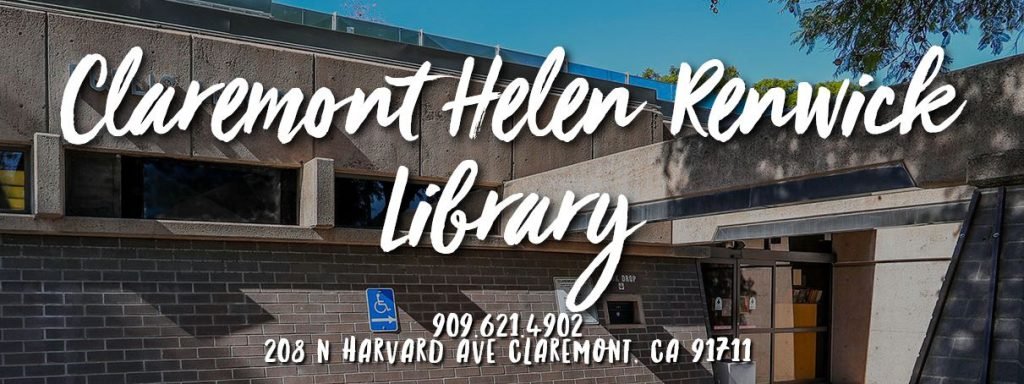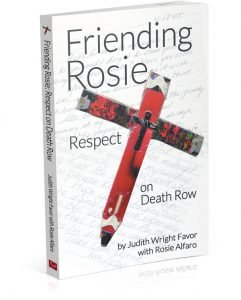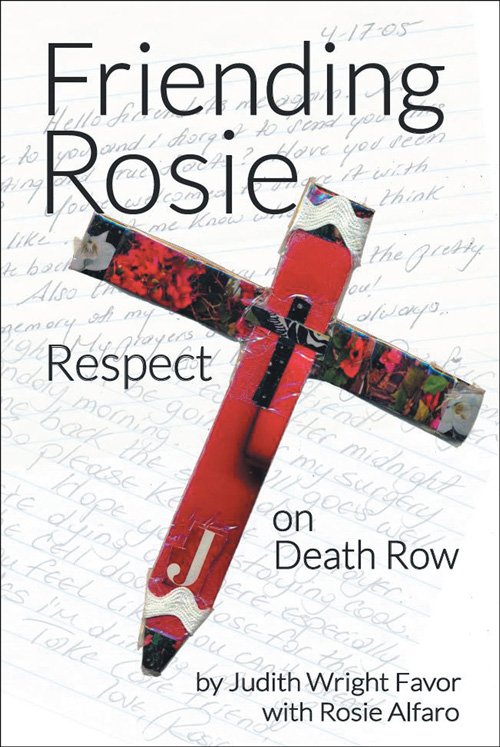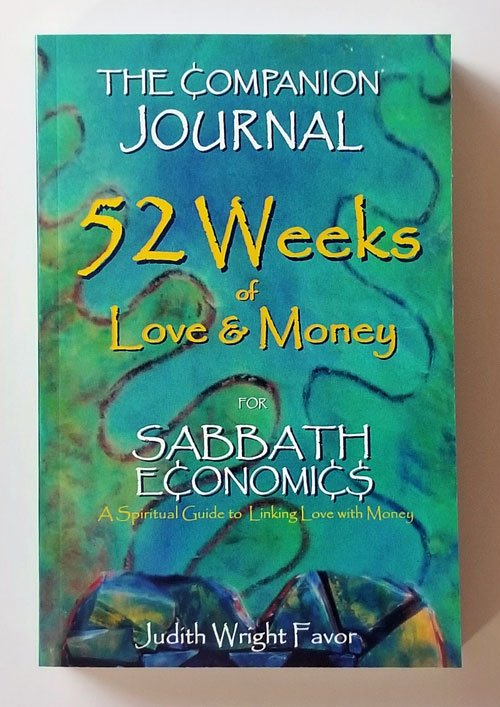Judith Wright Favor
Saturday, September 30, 2023
10:00AM to 12:00NOON
Claremont Helen Renwick Library
Meeting Room
Sponsored by
Friends of the Claremont Library
Judith Favor has published six books in three genres. Her writings draw upon work experience as a babysitter, berry-picker, library page, mail clerk, typist, commercial hot air balloonist, college counselor, teacher, pastor, retreat leader and spiritual companion. Judith composed her newest book, Friending Rosie: Respect on Death Row, in close collaboration with an incarcerated Latina woman.
She likes to write creative nonfiction, family memoir, book reviews, feminist faith-based fiction, and occasional poems. In the third of her forthcoming Beacons trilogy, The Beacons Ablaze, readers will meet Red, a teen girl who sets the sanctuary afire, while also renewing connection with six female church leaders who deal with the mess.
A native Oregonian educated in Washington and California, Favor earned degrees in sociology, divinity and psychology. She skied on Mount Lassen, backpacked in the Sierras, Cascades and Trinity Alps, swam in high mountain lakes and sailed on Lake Tahoe. She earned a private pilot’s license, and flew Serendipity, her hot air balloon, throughout Northern California. After she challenged Richard Bach to include females in an early edition of Jonathan Livingston Seagull, he named one for her.



 This special event sheds insight on those who are incarcerated and on death row – exploring themes of friendship, compassion, and understanding the realities of a life behind bars. Proceeds from book sales and donations will support the Prison Library Project.
This special event sheds insight on those who are incarcerated and on death row – exploring themes of friendship, compassion, and understanding the realities of a life behind bars. Proceeds from book sales and donations will support the Prison Library Project.









